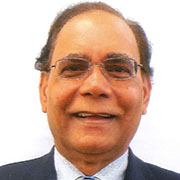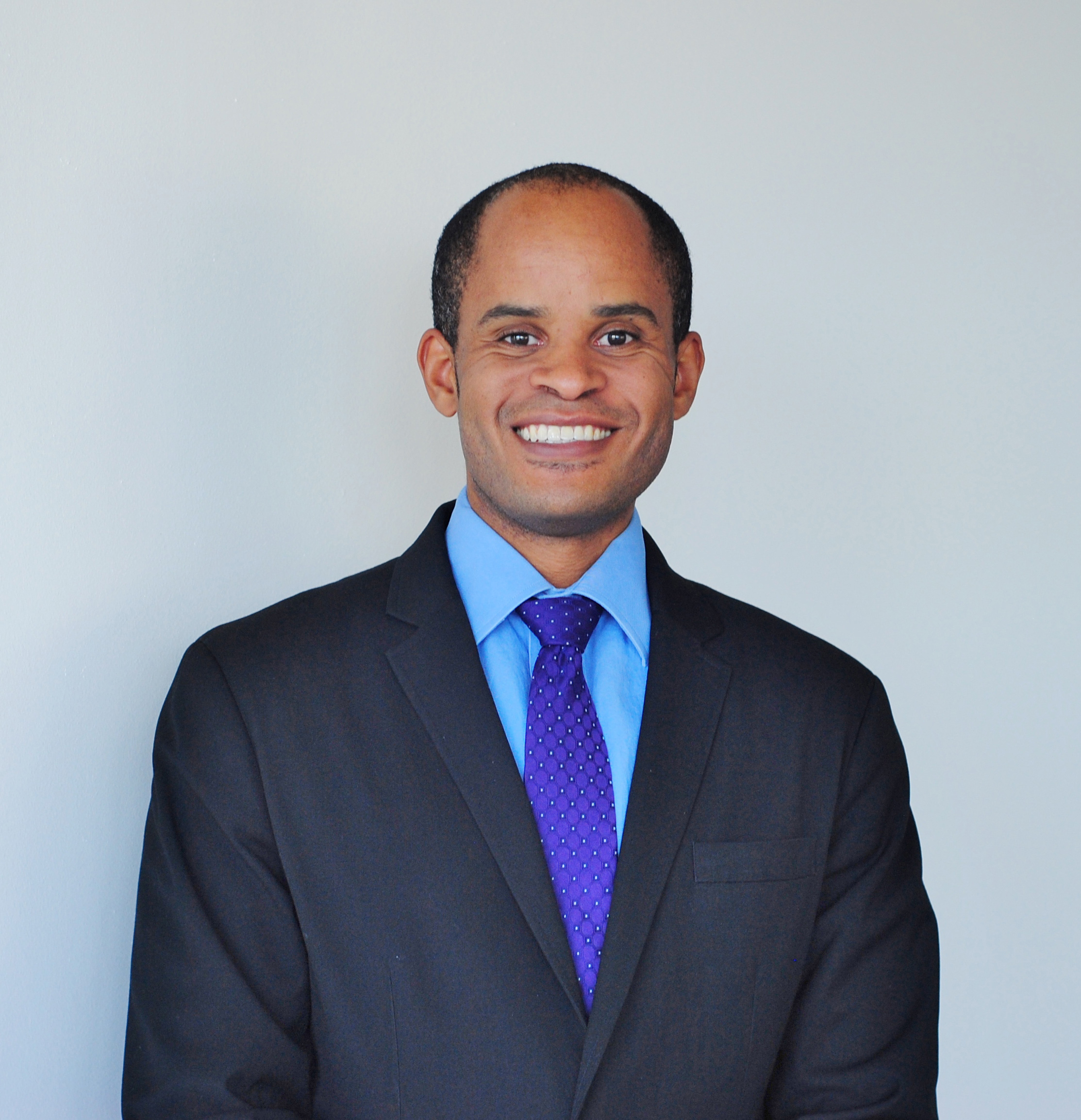Archived: New NIGMS Institutional Predoctoral Training Grant Funding Opportunity Announcement
We’ve just released a new training funding opportunity announcement (FOA) specifically tailored for predoctoral graduate programs in the basic biomedical sciences. Through this FOA, we intend to encourage changes in biomedical graduate training that allow it to keep pace with the rapid evolution of the research enterprise, which is increasingly complex, quantitative, interdisciplinary, and collaborative.
The overarching objective of this new predoctoral T32 training program is to develop a diverse pool of well-trained scientists who have the following:
- A broad understanding across biomedical disciplines, and the skills to independently acquire the knowledge needed to advance their chosen field.
- The ability to think critically, independently, and to identify important biomedical research questions and approaches that push forward the boundaries of their areas of study.
- A strong foundation in scientific reasoning, rigorous research design, experimental methods, quantitative and computational approaches, as well as data analysis and interpretation.
- A commitment to approaching and conducting biomedical research responsibly and with integrity.
- Experience initiating, conducting, interpreting, and presenting rigorous and reproducible biomedical research with increasing self-direction.
- The ability to work effectively in teams with colleagues from a variety of cultural and scientific backgrounds, and to promote inclusive and supportive scientific research environments.
- The skills to teach and communicate scientific research methodologies and findings to a wide variety of audiences (e.g., discipline-specific, across disciplines, and the public).
- The knowledge, professional skills, and experiences required to identify and transition into careers in the biomedical research workforce (i.e., the breadth of careers that sustain biomedical research in areas that are relevant to the NIH mission).
Because diversity at all levels is integral to research and training excellence, this FOA is also intended to fund outstanding research training environments that support trainees from all backgrounds, and to enhance diversity in the biomedical enterprise by paying particular attention to the inclusion of individuals from groups underrepresented in the biomedical sciences.
The goal is of this FOA is to enable the community to develop and implement innovative approaches to training and mentoring that will effectively and efficiently train future generations of outstanding biomedical scientists. This funding announcement is designed to allow biomedical graduate education to preserve the best elements of the current system, while enhancing the focus on the trainee development of the technical, operational, and professional skills needed to transition into successful and productive careers in the biomedical research workforce.
The new FOA will apply to all NIGMS predoctoral T32 training grants submitted for receipt dates beginning May 25, 2018, except the Medical Scientist Training Program, which will remain on the parent T32 announcement for now. Because this is a new funding announcement, all applications (including those from previously established programs) must be submitted as new (-01), however applicants may describe up to 15 years of outcomes in the narrative.
As always, we welcome your feedback. You can email your questions and comments or post them here.



